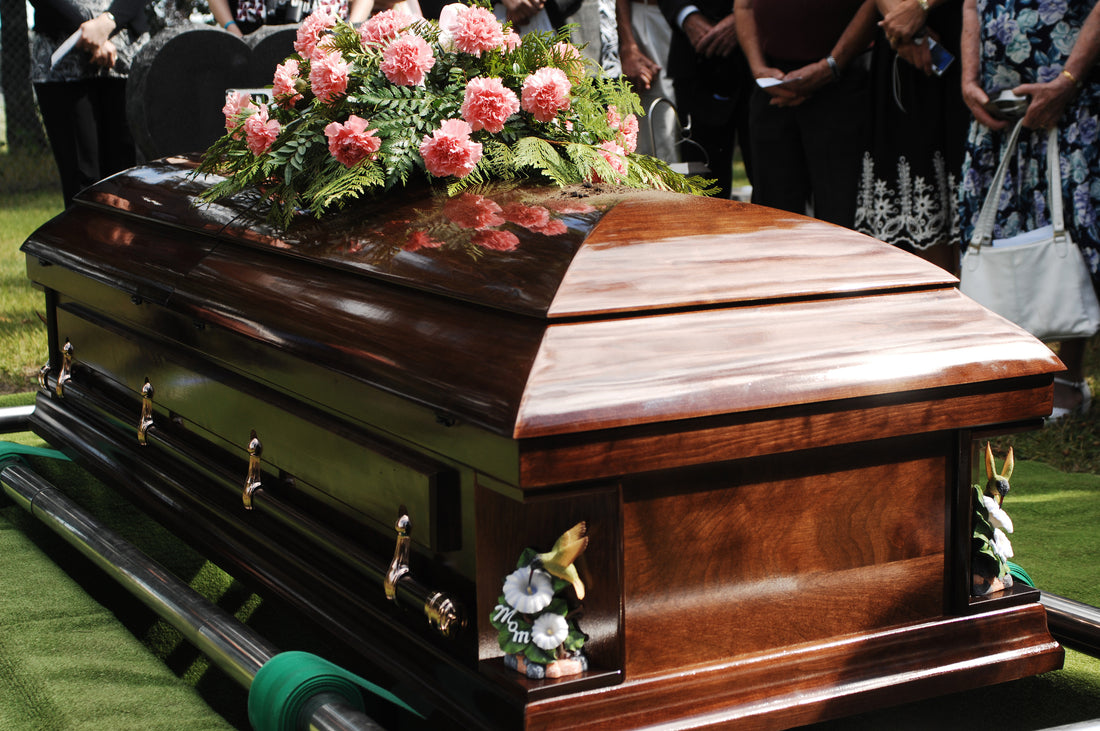
When Your Young Child Dies
Dr. Linda Hancock
![]()
This isn't the way that you planned it!
Other people, with the best of intentions might offer advice that upsets you even more than you had been before they said it. You don't want to hear that you were "lucky" to have had the child for a short time, fortunate that you have other children, or could have more children in the future. You are devastated and can't even seem to function. The loss forms a painful gaping wound that you feel positive that it will never completely heal.
This week I was in Calgary where I met my daughter and her son. We decided to go shopping in a place that none of us had previously been. When I noticed the picture of a happy young girl behind the cash register in a beautiful boutique, I asked the business owner if that was his daughter. He affirmed that it was but when I asked her age, he hesitated. Then, with tears in his eyes, he said, "She died" and the three of us were shocked. He explained that this had occurred two months ago, and the autopsy results were not back yet. No one knew the cause of the little seven-year old's death.
I told the man that a Chinese friend had once told our family members about his cultural beliefs. When a baby is born, we should cry because life on earth is difficult and when someone dies, we should celebrate because they are going to a better life.
The businessman hugged me after I said this.
We talked for a few more minutes and exchanged names before parting.
I am not naive enough to think that I have wonderful "solutions" for parents who have lost a child, but I do know that there are some things that are very important:
- Take care of yourself - You need to sleep and rest, eat nutritionally and ensure that you drink water - even if you don't feel like it.
- Be patient with yourself - I have had clients who tell me that they are afraid that they are going crazy because their emotions are strong and fluctuate quickly. It is "normal" to feel shock and denial, a desire for bargaining with God, angry, sad or depressed, accepting or wanting to rebuild your life in short spurts that compete with each other.
- Remember your supports - Other family members and close friends will each experience their own reactions to the death, but they are likely the ones who can most closely understand not only you but also what you are going through. Time with them should be balanced with appropriate time alone.
- Make plans that will honour your responsibilities as well as your needs - There are some things that cannot be ignored over the long-term - like work and caring for your partner and other children. You will also need to balance this with the time that you need to grieve on your own.
- Think of a way that you can honour your child in the future- Will you start a charity to help others? Would you consider setting up a scholarship, plague or meaningful tribute? How will you remember your child during special holidays without focussing on the death in a manner that ruins the holiday for you and others?
- Allow yourself some pleasures - Laugh often and participate in activities that you enjoy. You are not being disloyal to your child who would be happy to know that you can be happy.
After your child dies, you will never be the same again. You will be different but even though you feel devastated, your will not be destroyed - unless you allow that to happen.
I do not believe that time alone heals. My own mother grieved for my father for seventeen years.
Somehow, despite your grief and your helpless feelings, you need to make a decision that you will not allow this death to destroy you and your family. And then, one step at a time, one day at a time, you will be able to do the things, think the thoughts and feel the feelings that will not only help you to carry on but also, one day, be an example for others who are going through a tragedy of their own.
